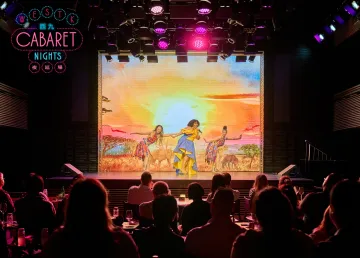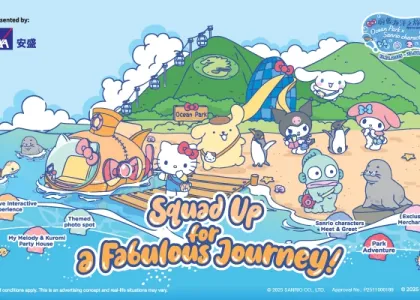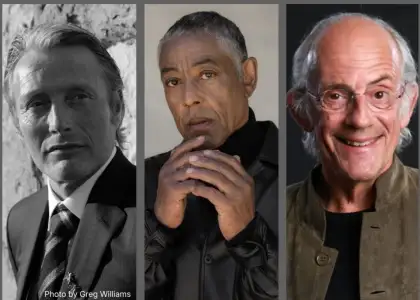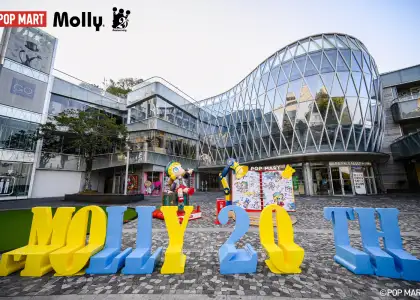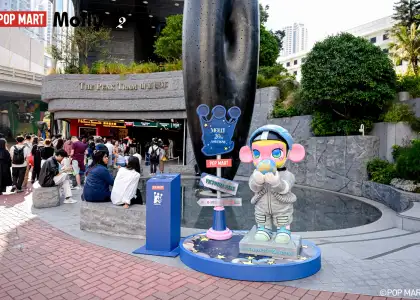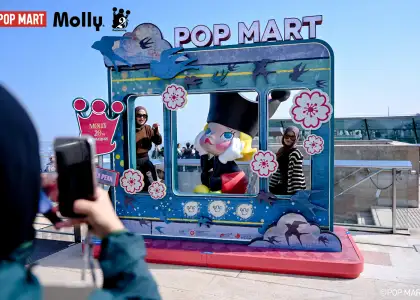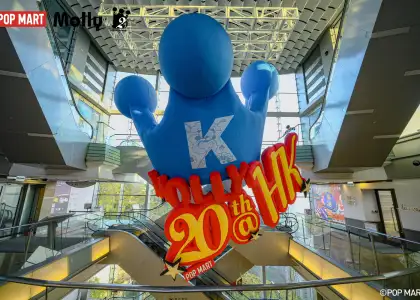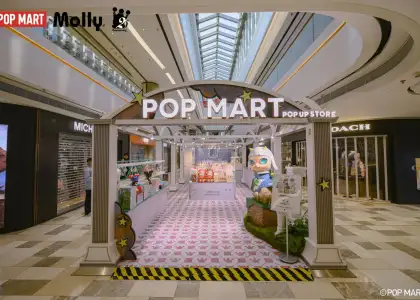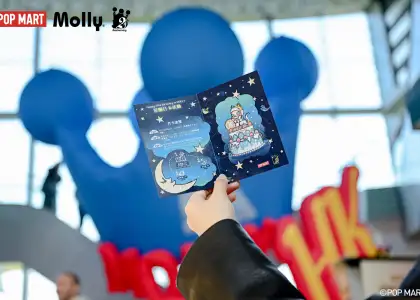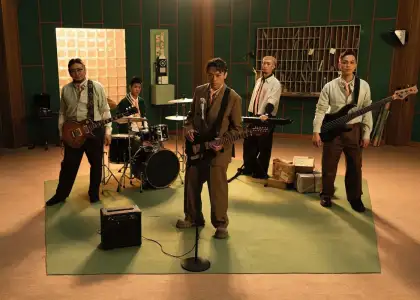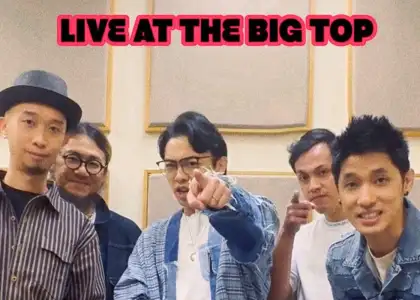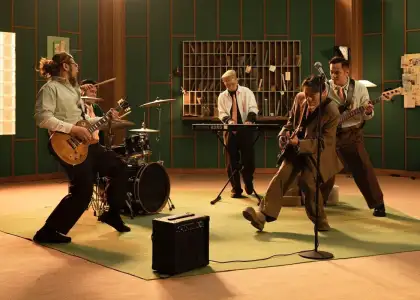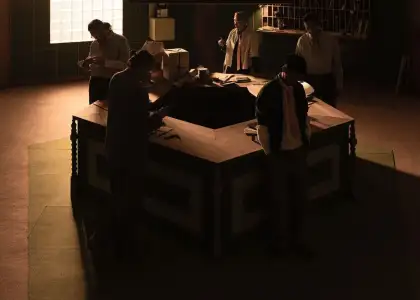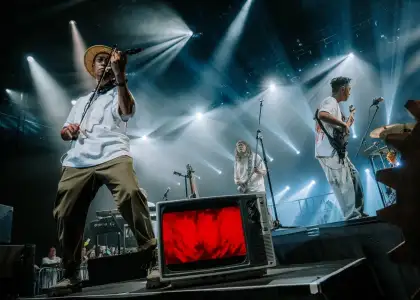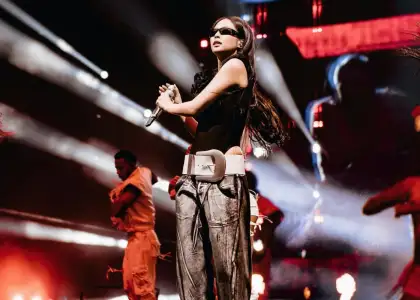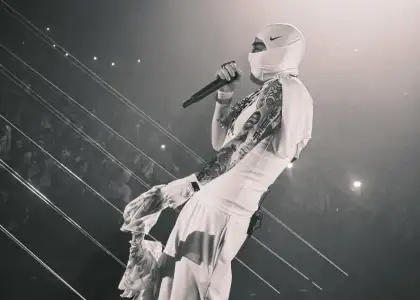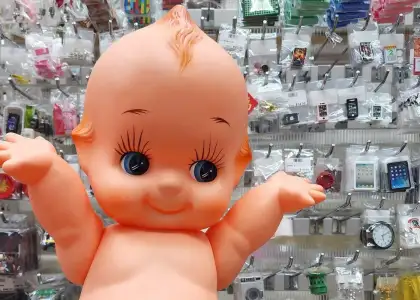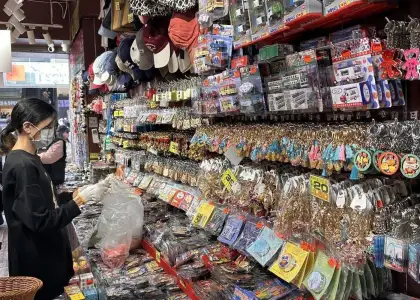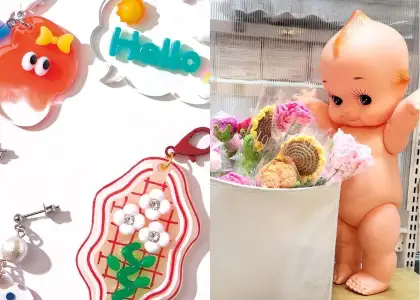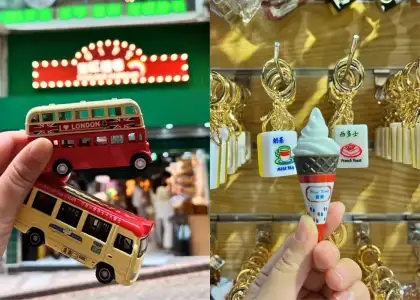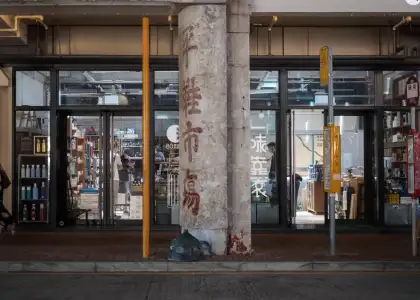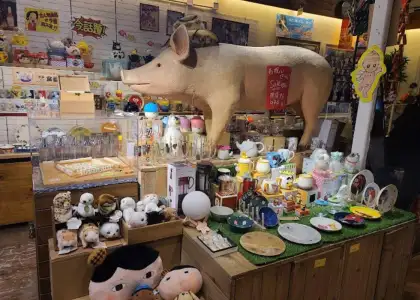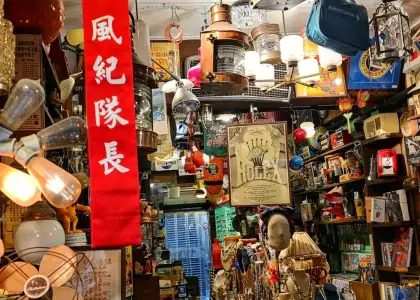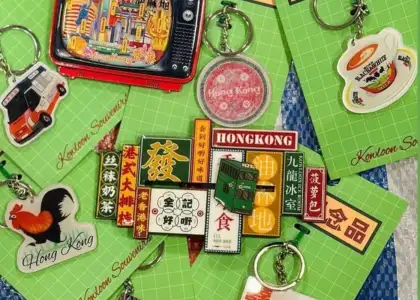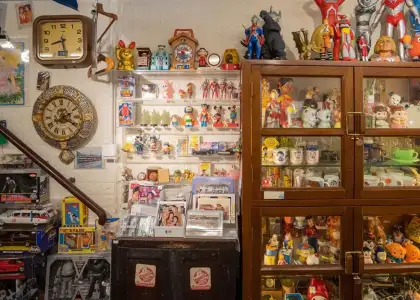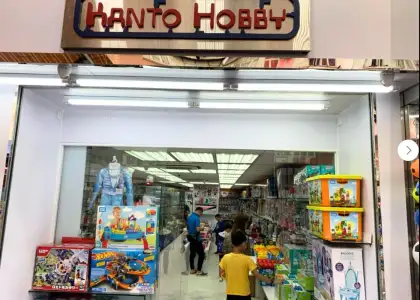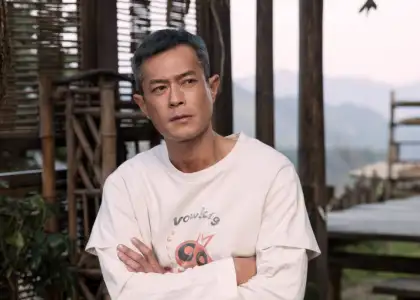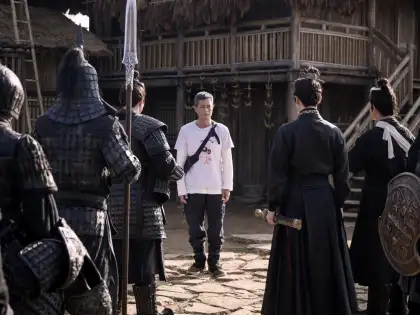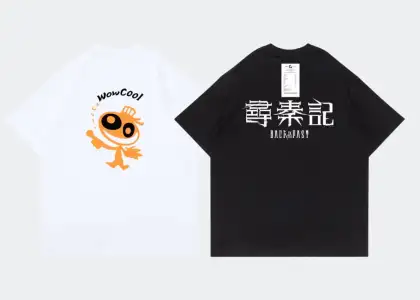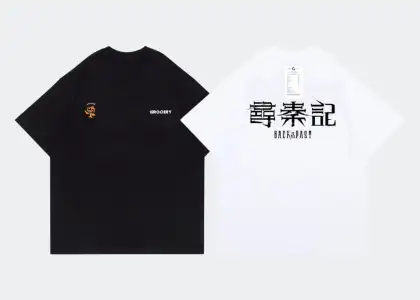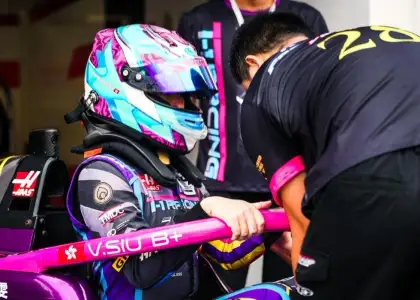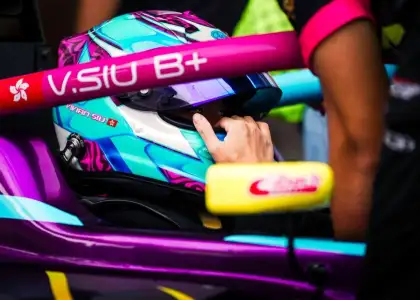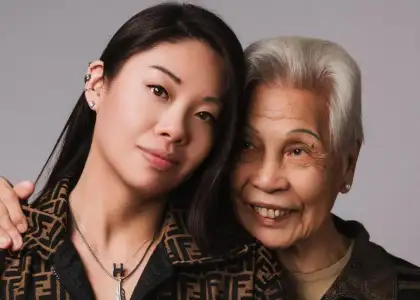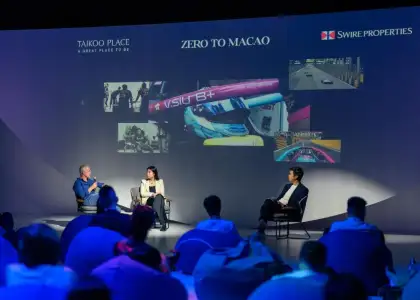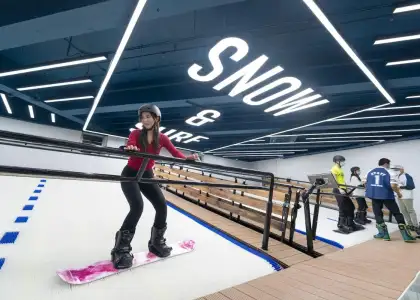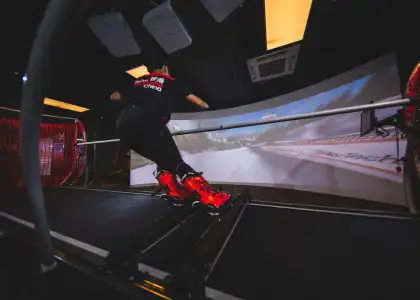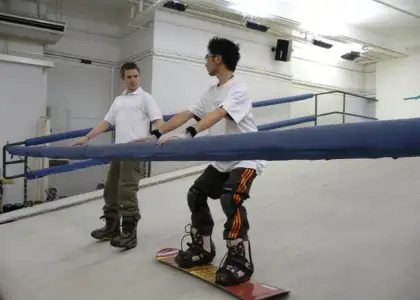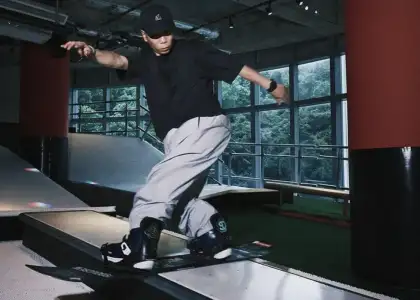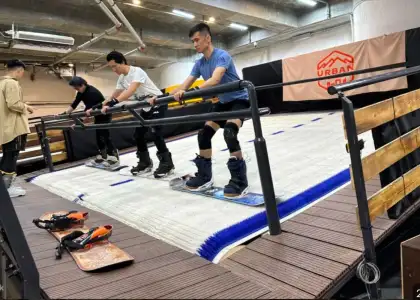Up-And-Coming: Room307’s Journey from Bedroom to Museum & Self to Sound

In a quiet corner of Hong Kong, Allex Chan began crafting songs in a space so small it could barely contain the weight of his emotions. That space, Room307, was both literal and symbolic: a bedroom, a cocoon, and eventually, a name that would carry his music far beyond its walls.
The indie artist started releasing music under the name Room307 in 2017, uploading lo-fi sketches made on GarageBand to platforms like SoundCloud. His debut eponymous EP, Room307, arrived in 2021 via Wildstyle Records, a Hong Kong-based indie label known for spotlighting experimental and emotionally raw voices. Though his sound leaned more toward dream pop and ambient textures than the label’s usual rap roster, the creative exchange helped shape his early identity, one that blurred genre, language, and emotional tone.
The Beat Asia sat down with Room307 before his performance for "M+ at Night: Good Times" in September, stepping into his world: a lo-fi dreamscape of whispered narratives, retro and psychedelic visuals, and emotional honesty. Known for his layered songwriting and nostalgic aesthetic, Room307 is both a visual and a sonic storyteller.
Through a conversation that drifted from chrysanthemum tea metaphors to punk alter ego in N.Y.P.D., and the emotional weight of healing, he opened up about his dual life as a musician and Chinese medicine practitioner, the making of his 2025 debut album Memory Boy, and the quiet rebellion of choosing softness. What unfolded was a meditation on self-expression, growth, and the art of listening with intention.
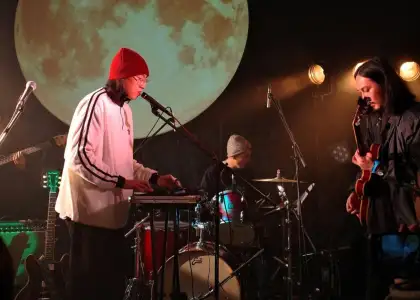
“I’m deeply honored to bring my music from the room to different countries and museums,” Room307 reflects on his journey. “I hope I can continue to reach more people down the road, from one big room to the world.”
By day, Allex works in a Chinese medicine clinic. By night, he crafts songs that soothe emotional wounds. To him, these roles aren’t opposites because they’re reflections of the same impulse: to feel deeply and help others do the same.
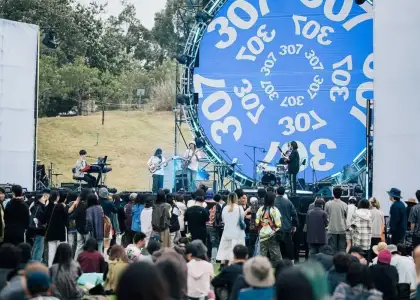
“Everything I do, including being a Chinese medicine practitioner, is part of who I am,” he answers on whether there's a version of him that only exists when he's making music.
“I'm always diagnosing people’s symptoms and sickness, which requires a deep sensitivity to what people need. So, I think this ability translates into my music because music is also about evoking emotion and connecting with people on a sensitive level.”
Whether he’s diagnosing physical ailments or layering ambient synths beneath vocals, Room307 is always listening, to the body, to the mood, and to the silence between sounds, proving that the sensitivity does run through all his work.
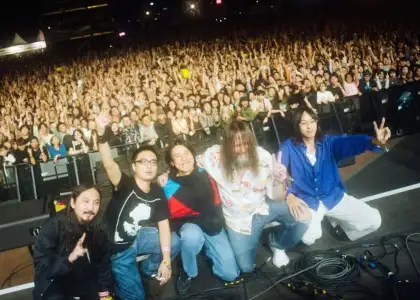
And yet, there’s another side to him. As the guitarist and synthwave artist of post-punk band N.Y.P.D., Allex channels a completely different energy that’s much louder, rawer, more chaotic. But this shift isn’t a contradiction but it’s a duality.
“It’s also me because I listen to lots of different genres like ambient, rock, and punk,” he says. “Based on my hardware, I can’t really sing loud or hardcore, so I put this personality into N.Y.P.D., which is the expression of my energy. Punk music is just so straightforward, but my own music is more like talking to my inner self. People can have two faces, right? So that’s how I can satisfy both of my faces — the introverted one and the angry one.”

That duality plays out not just in sound, but in performance. With N.Y.P.D., he has recently taken the stage at Boiler Room Hong Kong, channeling punk’s visceral immediacy. In contrast, his solo work invites listeners into a quieter space, one where emotions unfold slowly, like a whispered confession.
This ability to inhabit multiple emotional landscapes is part of what makes Room307 so compelling. Instead of choosing between softness and rage, he honors both and give them a voice.
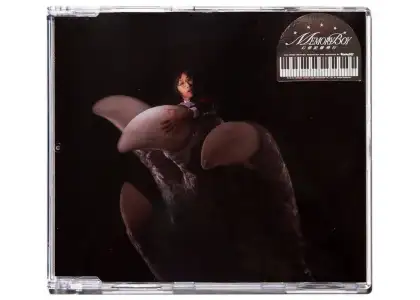
This is echoed in his debut full-length album, Memory Boy. The title comes from the first guitar effects pedal he ever bought: a delay pedal that repeats sound in soft, echoing loops. It’s a fitting metaphor for the way his music lingers: subtle at first, then emotionally resonant on repeat, emphasizing how he’s both a bedroom producer and an emotional architect.
“I would describe it as chrysanthemum tea because it helps you relax,” he says when asked to describe the new album with a type of herbal tea. “It soothes and eases the tension of your liver, allowing your mind and senses to stretch out.”
While Room307 handled most of his songs' lyrics, composition, and production himself, the album marked a rare moment of collaboration. Co-produced by Kok Kok (曾國宏) of Sunset Rollercoaster and mixed by James Fouren, the album added polish to his signature lo-fi textures without compromising their intimacy.
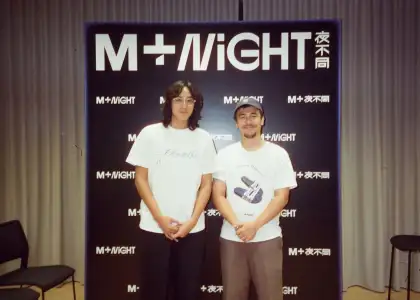
Another meaningful creative relationship behind the album is with Akira Mimasu, drummer of Hong Kong’s groove-jazz band R.I.D.D.E.M. Their connection began years ago, when Room307 first uploaded his music to SoundCloud.
“Originally, you know, it’s Room307 in his bedroom,” Akira recalls. “And then when he released his first cassette, it [had] quite a good reception. And when I saw that, I thought ‘Wow! This guy’s making great music,’ so I just hit him up and I said, ‘Yo, if you need a drummer, hit me up.’”
That casual offer evolved into a long-standing creative exchange. Akira contributed drums and flute to his tracks, and Room307 welcomed collaborators into his process, though he still prefers to work solo.
“I handle almost everything by myself because I don’t want to burden others,” he admits. “Especially since I can’t always compensate financially.”
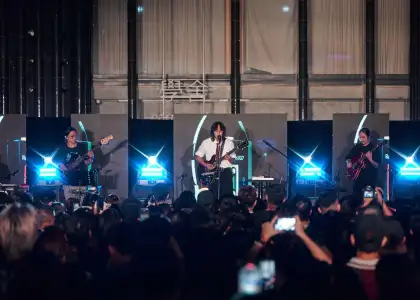
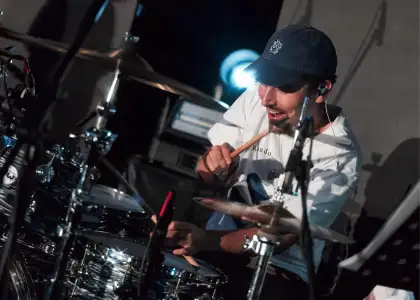
Even so, the spirit of collaboration helped shape Memory Boy into something more expansive. It’s a shared emotional language built with trust and mutual respect.
“The story I wrote based on the lyrics is fictional; most of it is imagination,” Room307 explains. “However, I infuse genuine emotions into the imagined story. When performing, I’m immersed in the soul of that character.”
That blend of fiction and feeling is what gives Memory Boy and his earlier releases their emotional weight, telling something that isn’t confessional but feels true, relatable, and emotional honest. And that honesty extends to how he hopes listeners engage with his music.
“You can enjoy it as a background music,” he says. “You can also do nothing and try to explore the details within each track. My music contains many layers but sometimes it takes careful attention to uncover.”
“For the second time beyond, you can try to concentrate more deeply, discovering new textures like a different version and for a different sensation.”
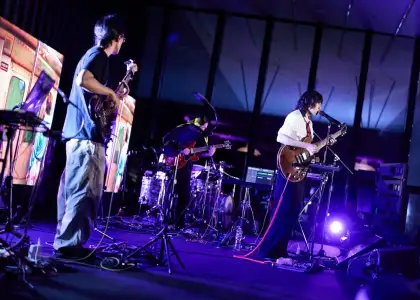
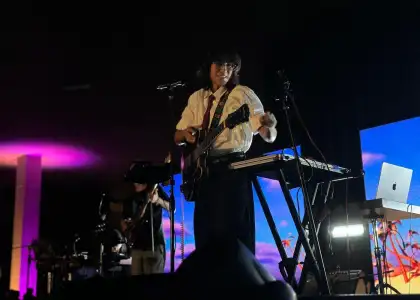
In Room307’s world, music isn’t just something you hear but also something you return to, again and again, each time uncovering a new musical and emotional layer.
That’s why his recent performance at M+, alongside mainstream artists, felt like a meaningful moment because it was a bridge between underground intimacy and public visibility.
“I think it’s really important for us to play in occasions like this because, in the indie music scene, we often don’t have budget for marketing and promotion,” he says. “Opportunities like this are rare, but sometimes, I mean the best marketing is simply putting your work out there, letting people experience your music to connect and surprise them, especially for those who might not have heard it before.”
Your different works speak to very different emotional landscapes, and you’ve also performed across cultural textures. Has moving between these identities and places ever shifted how you create?

When we are touring, it’s valuable to meet a lot of artists and musicians. We have a lot of discussions, and we share how we each create and exchange ideas. I think this process is really important for an artist because it provides perspectives. When you play different genres in different locations and meet a variety of people, you naturally encounter new influences. And if you’re open to these experiences, they can have a positive impact on your growth.
How important is it for someone’s thoughts or memories to have an outlet for expression? How would you suggest people express themselves?

It’s definitely important for everyone to have some kind of outlet. When I was making this album, I didn’t think too much and simply focused on doing things that I could really feel and enjoy.
I’m not mature enough to be a mentor or to teach someone exactly how to express themselves. I’m still a young person figuring things out, like discovering the best way to express emotions and understand how things work. But I’d say music is one of the ways and activities like sports or other hobbies can also help.
What role does nostalgia play in shaping your aesthetic choices?
I’m not really trying to be too retro, but since I was born in the ’90s, the movies I watched and music I listened to definitely shaped my aesthetic. I’m creating something to blend the aesthetic from that time with some modern music too.
There’s a band called Yellow Magic Orchestra, which is Ryuichi Sakamoto’s work, that really inspired me. The way they make music is kind of similar to the way I create to an extent.
What’s the most unexpected reaction a listener has ever shared with you?
People seldom comment on my music because my audience tends to be too introverted and they don’t talk to me.
But one of the most frequent responses I hear is, ‘Your music really heals my schizophrenia or my mental health problems.’
I feel genuinely happy knowing that my music can soothe people’s emotions. Sometimes, I enjoy working in music more than my work as a Chinese medicine practitioner, because in the music industry, I can be more helpful.
Your past music videos are visually striking, creative, and occasionally psychedelic. How do you and your team come up with those concepts?

I've always been inspired by psychedelic music as well as glam rock.
The aesthetics in these genres are often linked to subcultures and altered states of perception influenced by drugs. It’s the aesthetic they bring out that have had a strong influence of my creative approach.
These subcultural elements shaped my perspective and made me want to bring them into the Hong Kong scene, allowing audiences to experience that sense of the unexpected.
Will there be any music videos released for Memory Boy and what can we expect?
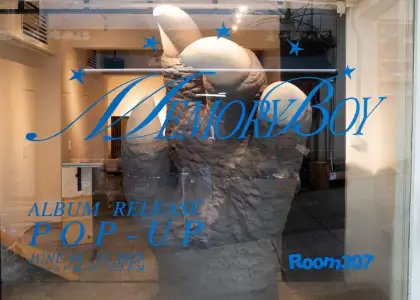
We did shoot in Japan, but I’m still finalizing the editing and the color grading. I don’t have very high expectation of the video, but putting out something that I love is in itself enough. The storyline and set design turned out really cool.
We filmed in a grassy field somewhere near Mount Fuji, where we dug a large hole and built something inside it. That’s about all I can share for now.
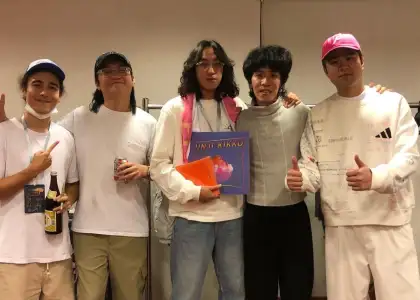
Following the release of the album, Allex isn’t chasing the next big moment but building something slower — something that lasts.
“It won’t be anything extremely surprising,” he says. “But the plan is to slowly release new music. I hope to have a long music career, so I’m just trying not to shock anyone and just keep a gradual workflow.”
That philosophy extends to touring, too. He’s already begun writing his next album and hopes to take it on the road.
“We’ve been wanting to tour in Taiwan and China. We’re trying to figure things out because you need a long set, at least half an hour,” he explains. “So we keep working on that until we’re feeling ready and confident. Hopefully, it will happen soon.”
Meanwhile, his punk project N.Y.P.D. is gearing up for their Southeast Asia Tour in Malaysia, Singapore, and Bangkok from Oct 30 to Nov 5. Follow them on Instagram for more updates.
Room307’s journey, from a bedroom in Hong Kong to museum stages and beyond, isn’t about spectacle. It’s about staying true to feeling, to softness, and to the kind of art that whispers and shouts at the same time.
This interview has been edited for length and clarity.
Listen to Room307's music on Apple Music, Spotify, and SoundCloud, meanwhile, his performance at M+ at Night is available on his YouTube channel. Follow Allex Chan on Instagram and Facebook for updates on upcoming shows and more.
Enjoyed this article? Check out our previous Up-and-Coming articles here.
Get the latest curated content with The Beat Asia's newsletters. Sign up now for a weekly dose of the best stories, events, and deals delivered straight to your inbox. Don't miss out! Click here to subscribe.




